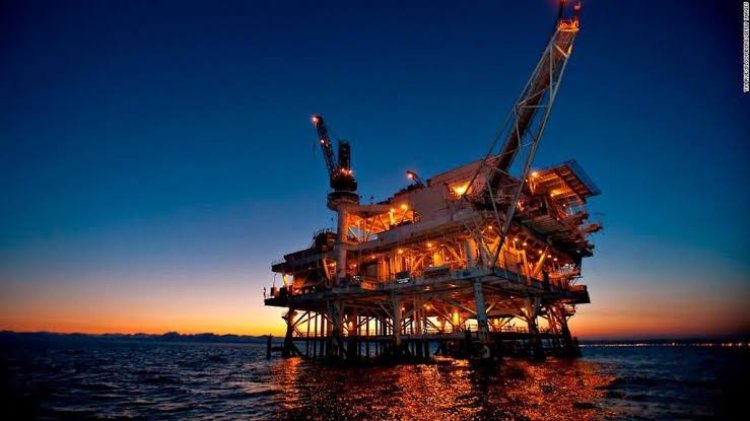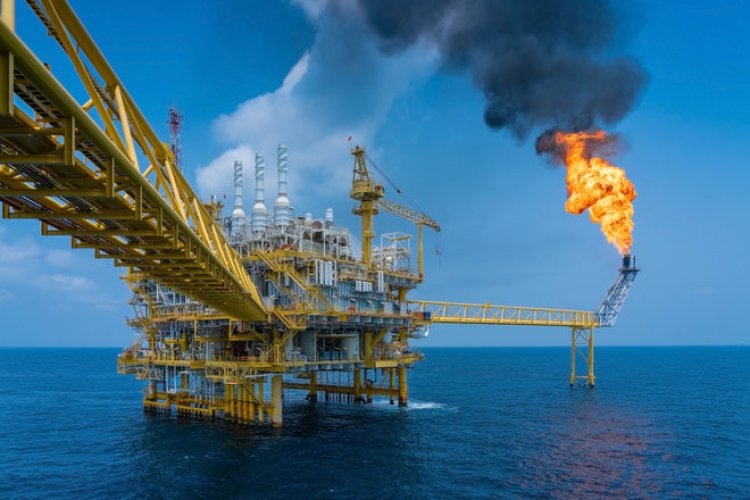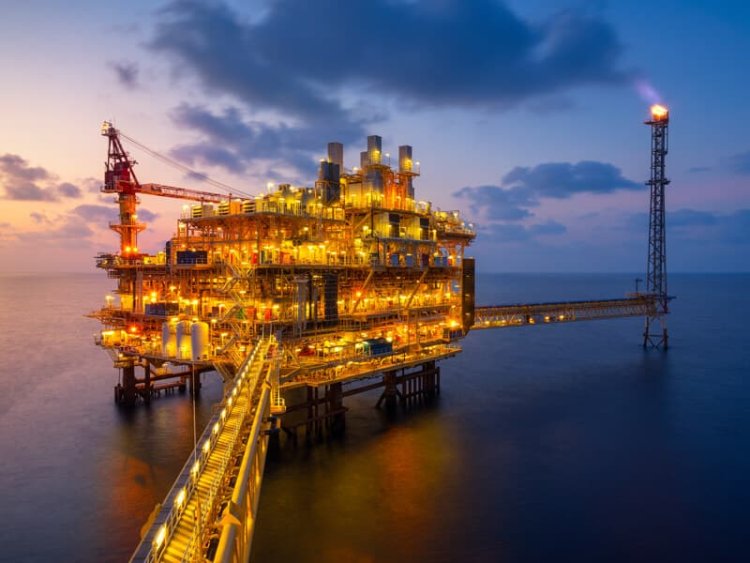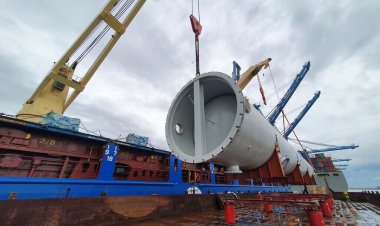1.2 trillion pounds...oil investments from July 2014 until June 2023

In 2014, the petroleum sector witnessed a number of challenges, which included the reluctance of international companies to pump new investments to increase production, the aging of refineries, the aging of infrastructure, and fuel crises.
The strategy for developing and modernizing the petroleum sector had the vision of achieving optimal economic benefit from all natural capabilities and resources to contribute to the sustainable development of Egypt and transforming Egypt into a regional center for oil and gas trade and circulation, and for the petroleum sector to become a role model for the rest of the state’s sectors in modernization and development.
Unprecedented achievements have been achieved, including the volume of investments of 1.2 trillion pounds during the period from July 2014 to June 2023, and the volume of investments in projects that have been implemented amounted to 860 billion pounds, 340 billion pounds in investments in projects under implementation, and 138 billion pounds in projects that are being studied to begin their implementation.
Development and production activities
The petroleum sector witnessed tremendous results in terms of development and production activities, as 49 projects were implemented with investments of $34 billion during the period from July 2014 to June 2023, and the volume of production for the year 2022/2023 reached 1.73 million barrels equivalent per day.
The most important development and production projects included the development of “Zohr, Atoll, Nours, north of Alexandria, west of the Nile Delta, southwest of Beldhim, west of the deep delta, Desouk, north of Sinai, and north of Amriya.”

Maritime Boundary Demarcation Convention
He pointed out that 12 international bids were offered, in addition to communicating and contracting with major international companies. To accelerate the development process in production, stressing - at the same time - that his ministries aim to expand research and exploration areas to increase production.
The Minister pointed out that the signing of the maritime border demarcation agreement with Cyprus, Greece and the Kingdom of Saudi Arabia; Contributes to benefiting from natural resources.
Minister of Petroleum and Mineral Resources, Tarek El Molla, said, “On the Mediterranean and Red Sea, we have 14 specialized petroleum ports and two ports for exporting liquefied gas, and 5 petroleum ports have been developed and added for a billion and 100 million dollars.”
He stressed that the petroleum sector is committed to reducing carbon emissions in accordance with the state’s vision.

He touched on the importance of improving energy efficiency, "We established a department in every company and in agencies to improve and rationalize the efficiency of energy use, recover flare gases, and new and renewable energy projects. Accordingly, we were able to provide 10,000 gigawatts of capacity per year, which means about 260 million dollars annually."
He continued, “We are also working to develop skills, capabilities, and human resources, whether technical capabilities, youth leadership programs, or senior leadership development. We are compatible with the axes of the United Nations Sustainable Development Goals and are committed to these goals in all our community participation, whether quality education, health, equality, climate change, and well-being.”


 Shrouq
Shrouq 












